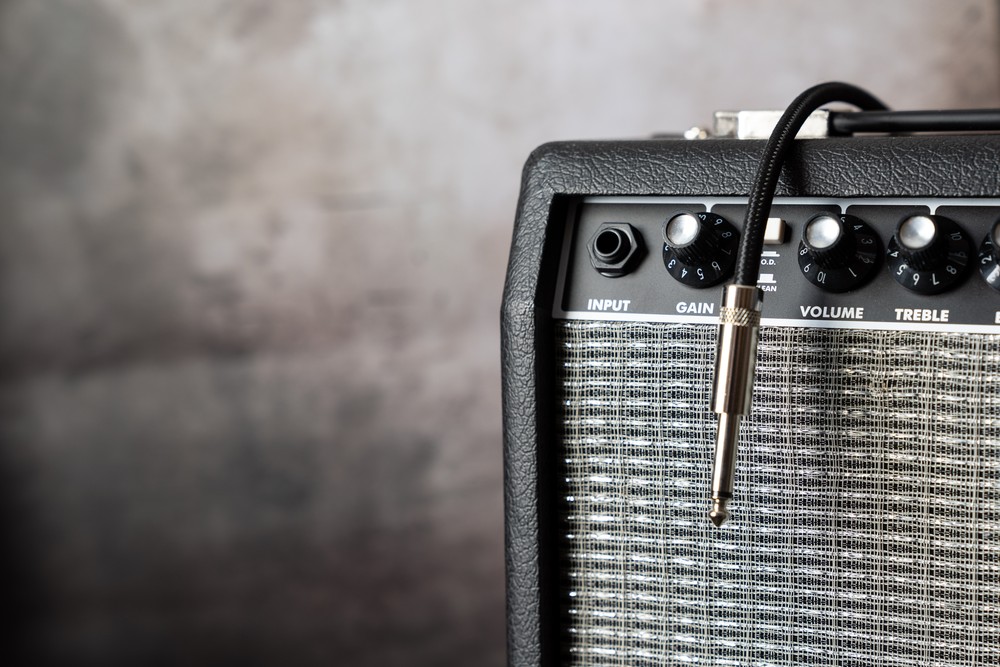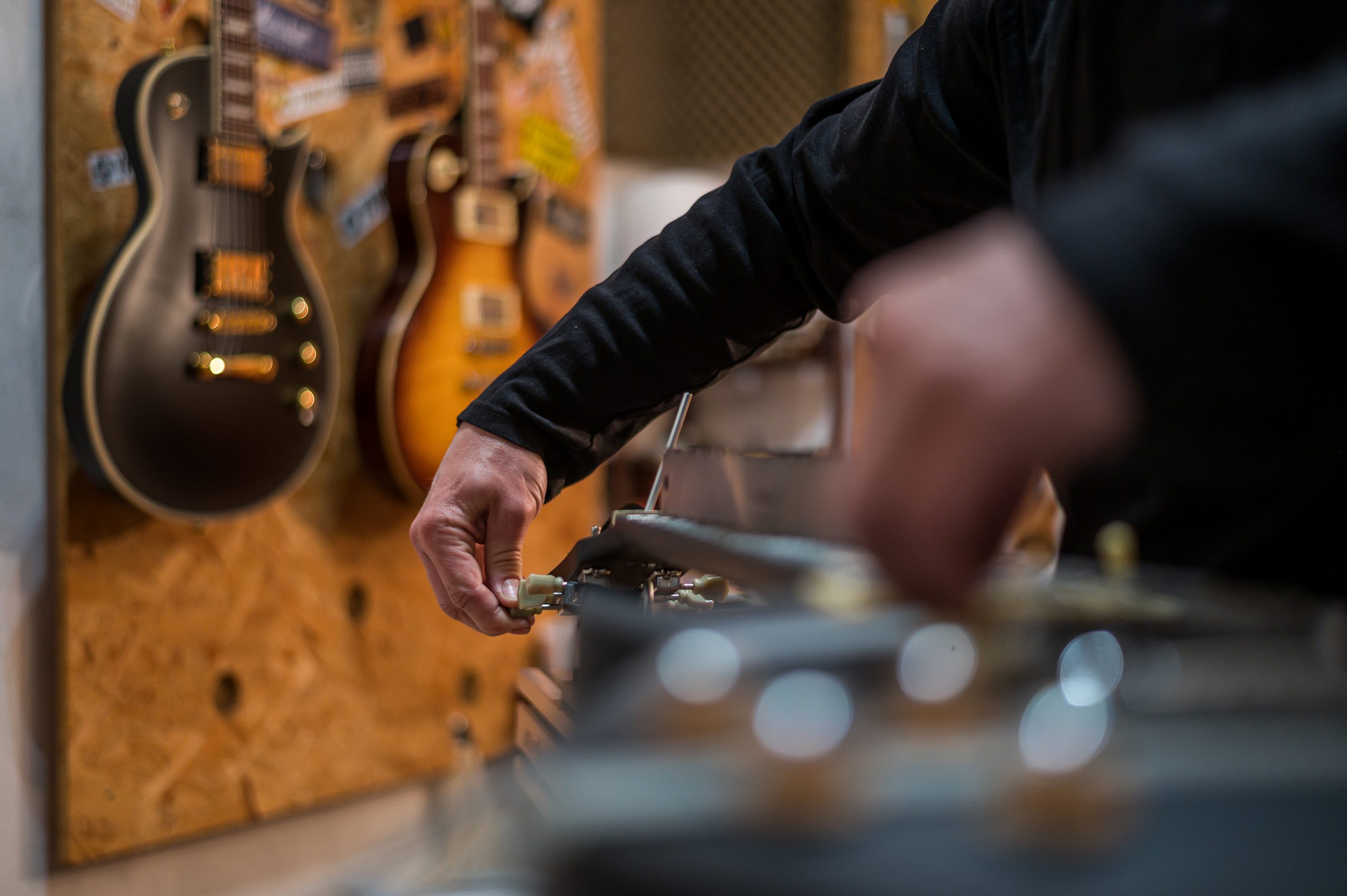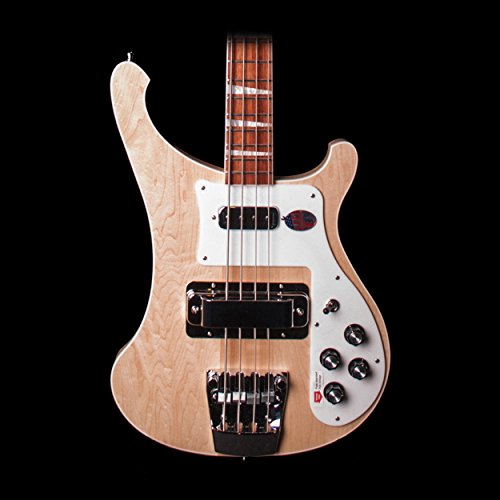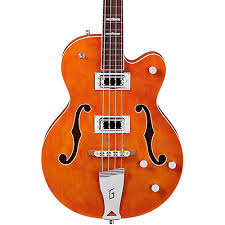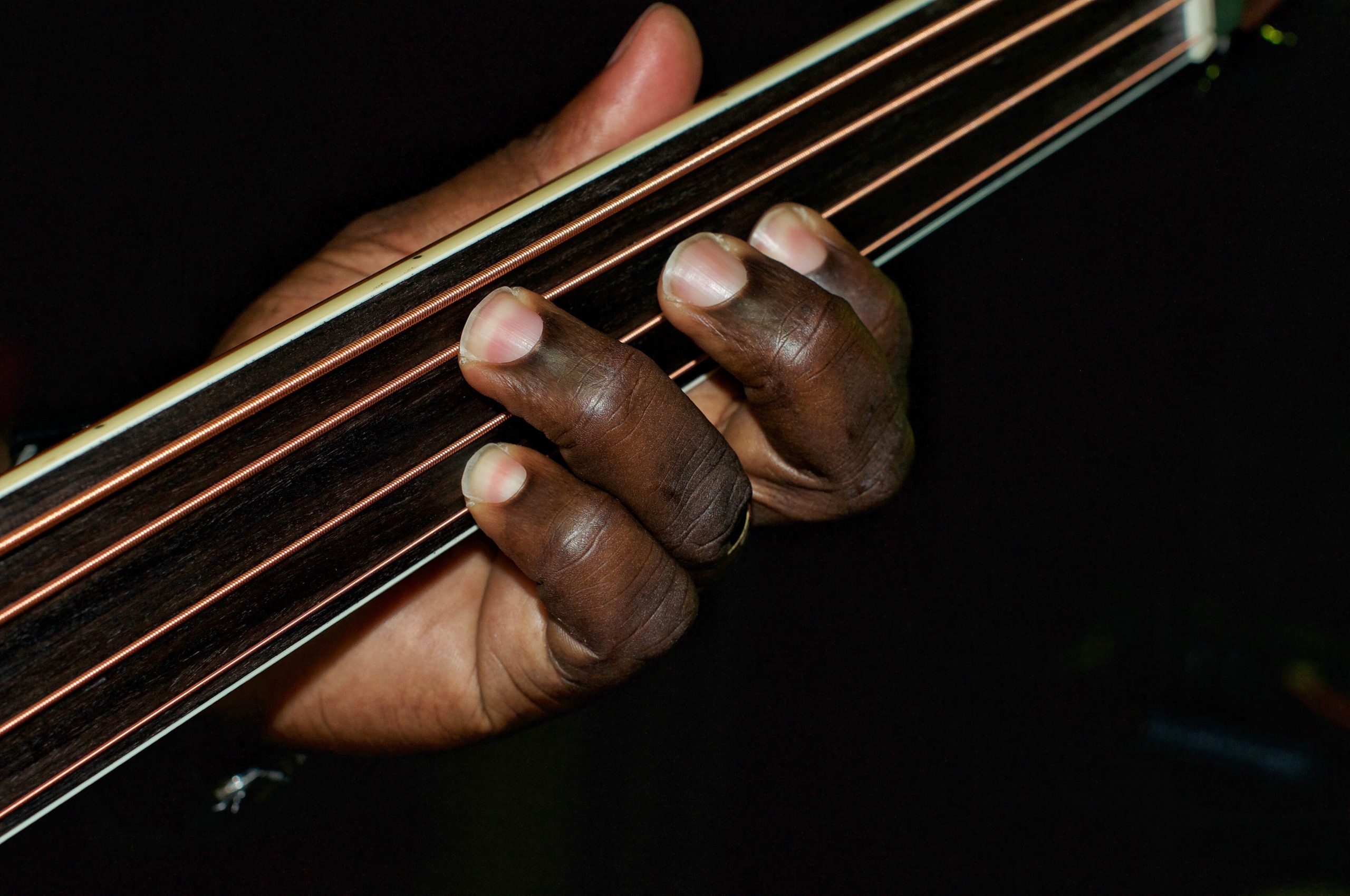
Best Fretless Bass in 2026
E
You’ll find a variety of fretless bass options on the market, from electric to acoustic bass guitars. The best fretless bass offers excellent playability, a comfortable design, and enough power to carry your sound. It gives the player more freedom to express themselves without needing a pick and allows for a more mellow, organic sound.
A fretless bass is one of the best bass guitars an experienced player can get. There are many different fretless models on the market, from vintage models to modern-day instruments. Still, they’re not always the best choice for every bass player because the feel and sound are very different from a traditional bass.
Top Fretless Bass Guitars
Read More
Snapshot
Read Less
Beginner’s Guide to Fretless Basses
What are Fretless Basses?
A fretless bass is an electric bass guitar with the frets removed from its neck. This feature gives the player a wider range of notes to choose from and a different playing feel. Several famous artists you may already know, like Victor Wooten, John Giblin, Tony Franklin, Mick Karn, and Jaco Pastorius, rely heavily on a fretless instrument’s unique sound and feel.
You can play fretless basses with a pick or with your fingers. Many players use a combination of both, depending on the style of music they are playing. Fingerstyle players will often use the side of their thumb to pluck the string, while pick players use a standard bass picking technique.
There are many different types of fretless basses available on the market today. Some are designed for specific musical styles, while others can be used for any type of music. However, if you’re looking for the best beginner bass guitar, this often isn’t the right choice.
The visual impact of taking the frets out of the neck is usually a lighter-colored wood or an exposed fingerboard. Some people like this look, and others don’t. Once you learn how to put on a guitar strap, you might have thoughts on how your guitar will look on your person. However, you’ll find a variety of wood types, colors, and finishes on the neck, bridge assembly, and body. Ebony with a lacquer finish, American alder, and a walnut neck with black satin finish are some of the most popular.
Fretless Basses vs Traditional Basses
There are a few key differences between fretless basses and traditional basses. The most obvious is the lack of frets on the fretless bass. This gives the player more freedom to choose which notes they want to play.
Fretless basses also have a different playing feel than traditional basses and even fretless guitars. Many players describe it as a more slidey or gliding feel. This is because there are no frets to stop the string at a specific point.
These instruments also tend to have a brighter sound than traditional basses. This is because the strings can vibrate more freely without being stopped by the frets.
The strings on a fretless bass also buzz differently than on a traditional bass. This is because the strings are not resting on any frets. The string material and gauge can also affect the amount of buzzing.
While fretless basses don’t always use a different string material than traditional bass guitars, they often use a lighter gauge string. This is because the best fretless bass strings need to be able to vibrate more freely.
Many players enjoy a fretless bass’s different sound and feel, but it’s not for everyone. Thus, it’s important to try out both types of basses before you decide which one is right for you.
Generally, musicians play a fretless bass by plucking the strings with their fingers or a pick. They can also slide their fingers up and down the neck to create a gliding sound. Eliminating the frets makes it easier to slide more freely up and down the neck without interference.
Some fretless basses have markers on the fingerboard to help the player find the correct notes. Others do not have this feature, giving the player more freedom. Because the strings can be plucked anywhere on the neck, a wider range of notes is made available to the bassist.
How Fretless Basses Work
Fretless basses work by having the frets removed from the neck of the bass. This gives the player more freedom to choose which notes they want to play. It’s important to remember that a fretless bass guitar works the same as any other bass. The mechanics are the same, and the position in which the player holds it doesn’t change.
The strings are still stopped at the bridge, but there is no longer a fret between the bridge and the nut. This allows the string to vibrate freely, giving the bass a brighter sound.
The neck of a fretless bass is usually made of maple or rosewood, while the fingerboard is also typically rosewood. The strings are then attached to the bridge and the tuning pegs at the headstock.
While there are both acoustic and electric fretless basses, electric fretless guitars will have a volume knob that allows you to achieve a wide range of volume settings, smooth sound, and excellent tone control.
While playing a fretless bass, the musician can pluck the strings anywhere along the neck, giving them a wider tonal range. However, they can also slide their fingers along the neck without getting caught up in the frets, making it easier to play certain genres of music that use more fluidity in their notes.
Why Should You Buy a Fretless Bass?
Even if you’re already a bass player and have a favorite instrument, you may want to try a fretless bass. Fretless basses have a distinct, expressive voice, so if that’s something you’re looking for in your music, a fretless bass is a great way to go. They’re also perfect for letting your fingers glide along the strings as you play.
Are Fretless Basses Worth Buying?
- They give the player more freedom: Because they lack frets, these instruments provide the player more freedom to choose which notes they want to play.
- They have a different playing feel: Fretless basses have a different playing feel than traditional basses. Many players describe it as a more slidey or gliding feel.
- They tend to have a brighter sound: Fretless basses also have a brighter sound than traditional basses. This is because the strings can vibrate more freely without being stopped by the frets.
- They have an excellent tonal range: Because of the ease with which you can play and the flexibility you have to produce a better quality of sound, these types of basses have some of the brightest sound and smooth playability.
- They can be found at a reasonable price: Some fretless basses can be bought at a very affordable price, making them a great addition to your collection of instruments. The top budget fretless bass models also offer a lot of visual appeal to your music setup. To protect your fretless bass, you may want to invest in the best stand for a bass guitar.
Why a Fretless Bass Might Not be for You
- They don’t have a traditional aesthetic: Fretless basses don’t have the same sound, look, or feel as a traditional bass. If you’re looking for a more conventional bass, a fretless bass might not be for you.
- You might need to adjust your playing style: If you’re used to playing with standard bass, you might need to adjust your playing style to account for the lack of frets on a fretless instrument. They require a totally different finger position than a traditional bass.
- They can be expensive: You’ll find fretless basses with very distinctive features and custom finishes, making them quite expensive. If you opt for something that has a solid alder body, satin gold hardware, a walnut combination, genuine rosewood fingerboard, immaculate functioning, maximum stability, tonal versatility, maple construction, brown satin finish, or any other combination of impressive features, you’ll pay quite a bit more.
How Long Will a Fretless Bass Last?
Guitar makers put a lot of effort into making these impressive instruments, so a fretless bass can last 20 years or longer if you properly care for it.
The most common problem with fretless basses is the strings. The strings on a fretless bass can wear out faster than those on a traditional bass. This is because the strings can vibrate more freely without being stopped by the frets.
You may also find that if your fingerboard is made of softwood, like rosewood, it will eventually need to be replaced as well. It wears out over time, more quickly than hardwood.
Still, if you take care of your fretless bass and replace the strings and other parts when they start to wear out, then your bass will last for many years.
How to Choose a Fretless Bass
Choosing a fretless bass is a big decision. Consider what style of music you want to play. Then, think about the playing feel and the sound. Finally, evaluate your budget and the variety of brands available.
Best Fretless Bass Key Factors
1. Does it matter what style of music I play?
Fretless basses lend themselves well to playing jazz, funk, and R&B. A fretless bass works so well for these types of music because of the freedom it gives the player. With no frets to worry about, you can play whatever note you want. These genres have a more fluid sound, and the fretless bass helps to create that sound. If you’re looking for a more traditional sound, then a fretted bass might be a better choice.
2. Should I worry about the feel or the sound?
The feel and the sound are both important factors to consider when choosing a fretless bass, but for different reasons. The feel is important because it will affect how you play the bass. If you’re used to playing with frets, a fretless bass might take some getting used to. The sound is important because it will affect the overall tone of your music since fretless basses have a brighter sound than traditional basses.
3. Do I need to worry about the price?
Budget is always a factor to consider when purchasing any instrument. The type of wood, the quality of the hardware, and the brand all play a role in the price of the bass. Fretless basses can range in price from a few hundred dollars to several thousand dollars.
4. Is the brand important?
If you have a favorite bass player, you might want to look into the type of bass they use. There are a variety of brands that make fretless basses, each with its own sound and feel. Some of the best options include Fender, Warwick, Ibanez, and Yamaha.
Best Fretless Bass FAQs
Why would you want to buy a fretless bass guitar?
Fretless bass guitars offer the player a wider range of notes as there are no frets to limit the string’s vibration. This allows for a more fluid, expressive sound. Additionally, the strings can be bowed or slid for special effects without frets.
Is it harder to play a fretless bass guitar?
Fretless bass guitars can be more challenging to play than fretted basses, as there is no reference point for the fingers. Players must learn to judge the correct placement of their fingers by ear. However, many players feel that the challenge is worth the extra expressive possibilities offered by a fretless bass.
What are the best bass strings for a fretless?
The best bass strings for a fretless offer a smooth, comfortable playing experience. Many players prefer coated or stainless steel strings for their fretless basses. These materials help reduce finger noise and extend the life of the strings.
Roundwound strings are also a popular choice if you go the fretless route, as they offer a bright, punchy sound, while flatwound strings can produce a smoother, more mellow sound. Ultimately, the best bass strings for a fretless are those that fit your playing style and budget.
What type of sound does a fretless bass guitar have?
Fretless basses tend to have a brighter, more complex sound than their fretted counterparts. This is due to the extended range of notes available and the lack of dampening from the frets. Additionally, players can bow or slide the strings for special effects because there are no frets.
Can you convert a fretted bass to a fretless bass?
Yes, converting a fretted bass to a fretless bass is possible. This process involves removing the frets from the fingerboard and filling in the resulting grooves. The fingerboard can then be sanded smooth and finished to match the rest of the bass.
Follow bassist, Felix Pastorius and his music ventures with fretless bass.”




